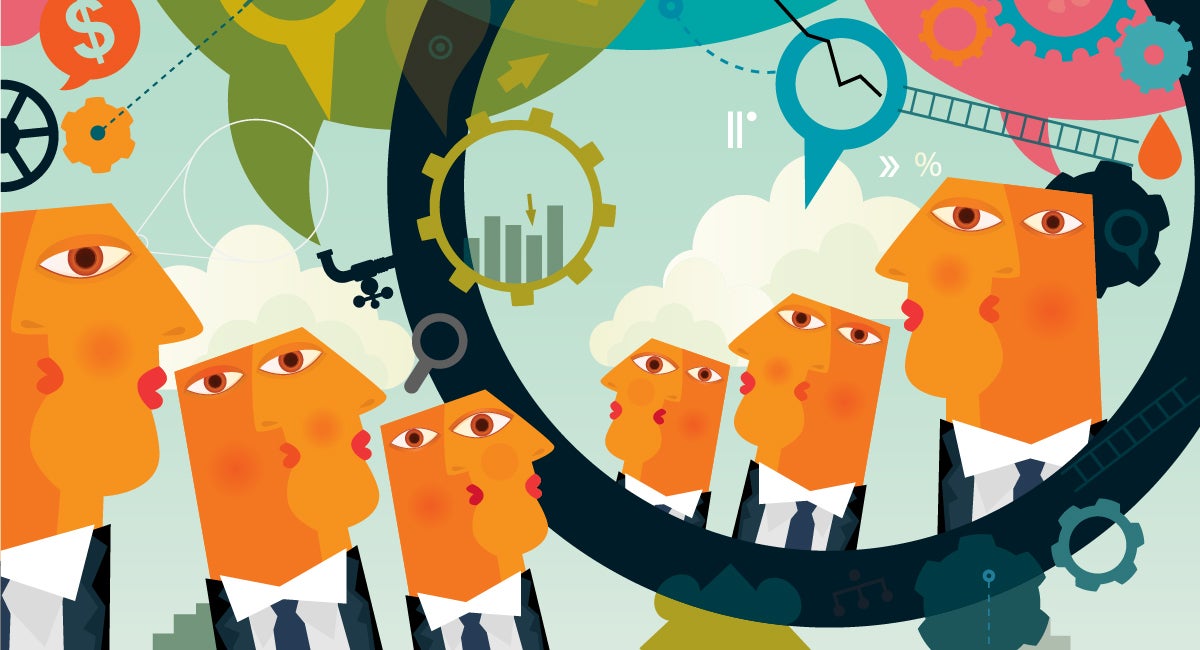The incorporation of environmental and social safeguards in development projects is sometimes a complex process. In the IDB we have used the methodology “What would you do?” to create a space for exchange, empathy and reflection, in order to generate conversations and strategies to help us better face the typical situations that can emerge in the course of a project.
Imagine for a moment you are part of a team in a multilateral development agency, leading a mission to a country in the region with the purpose of visiting a project that is just getting underway.
During the mission, you encounter the following challenge: The public agency in charge of the project formally expressed frustration with the disproportionate effort that, in their opinion, they were dedicating to the assessment of environmental and social issues before the project financing could be approved. They expressed frustration with the risk of a possible delay.
The representative of this agency had the impression, from conversations held years before, that the operation was almost ready and that the financing could be processed relatively quickly with the studies (design, economic, environmental and social) they had already carried out. While this was the case for studies pertaining to the technical aspects of the project, it was not the case for the environmental and social aspects, and a greater effort was required to complete those studies. The project team had planned to initiate advanced tenders for certain works and call others for tender as soon as the financing was approved. Such financing was also linked to goals of the national administration, hence the great concern of complying with the timeline.
So, what would you do? The question which is transformed into a methodology
If you were the team leader in charge of preparing the financing proposal for this project, how would you respond to this situation?
This was the question we asked IDB specialists in sectors as diverse as Water and Sanitation, Urban Development and Housing, Energy, Financial Markets, Social Protection, Natural Resources, and Transportation. During short-term (half-day) workshops, the sectoral groups worked as a team with experts in Environmental and Social Safeguards to explore techniques to navigate situations like this.
For these workshops, we used the methodology What would you do?, the same methodology that we have documented and applied in previous activities. The exchange and reflection activity included: (i) presentations of the challenge stories from the projects; (ii) working groups to propose solutions to these challenges; and finally (iii) a space to share the different solutions created by each group and to compare them with what actually happened.
In this case, the novelty was that the challenges posed were related to environmental and social issues. We use cases from real projects, which had faced these types of challenges during their preparation phase, including: deadlines for the publication of environmental impact studies, public consultations, civil society involvement, resettlements, and interventions in protected natural areas.
For example, one of the cases we analyzed during the workshops was a road infrastructure project. The engineering studies were very detailed, however, the environmental impact studies did not have the same level of depth. Additionally, there had been no significant consultations with the local population even though there was a risk of damage to indigenous peoples and protected areas. In that particular project, the engineers and personnel of the executing agency insisted on moving forward with financing and the start of tenders. Safeguards experts warned of the need to deepen environmental and social issues, with the respective consultations. Finally, they reached an agreement and the project was approved and executed, balancing the priorities of the various actors involved.
What did we learn?
First, empathy is key, but also very difficult. It is not so easy to put yourself in the shoes of others. Each person has a different perspective of the problem or challenge, according to their specialty and other factors of their own personal and professional experience. It is like the ancient story of the six blind sages and the elephant, in which each one touches a different part of the animal and gives that part its own interpretation, but none of them perceives the whole elephant. The engineer has an especially technical view, the economist has a vision of costs and benefits and environmental and social experts in socio-environmental impacts. The important thing is to listen to everyone together while making an effort to understand others and propose solutions that include these diverse perspectives.
Second, development must be sustainable or it’s simply not development. A development project is not just the completion of a road, an electric transmission line or a medical center. Development work is more than a physical work, it implies economic benefits for the population versus social and social costs (or externalities). Our shared task is to promote projects that cause positive results in the economic, social and environmental fields. The dialogue between sector specialists and environmental and social experts allows these priorities to be balanced.
Third, diversity of thought strengthens solutions. The proposed methodology promotes a frank and open dialogue in multidisciplinary working teams, which enables us to propose and consider several alternative solutions with the richness of different perspectives. Finally, the result was a strengthening of teamwork between technical sectorists and experts in safeguards, all in order to design and execute more sustainable projects that contribute to the improvement of the lives of the inhabitants of the region.
Additional resources
- This guide offers information about planning your own “What would you do?” activity, as well as plans for other knowledge-sharing methodologies
- Check out a list of available online courses relating to environmental and social safeguards


Muy importante tener claro la empatia ,el desarrollo sostenible y la diversidad de pensamientos o puntos de vista para poder dar solución al desarrollo económicos en muchos países de latino américa donde los temas de conflictos sociales no permite generar
proyectos de desarrollo en el caso del Perú ,con los proyectos mineros .